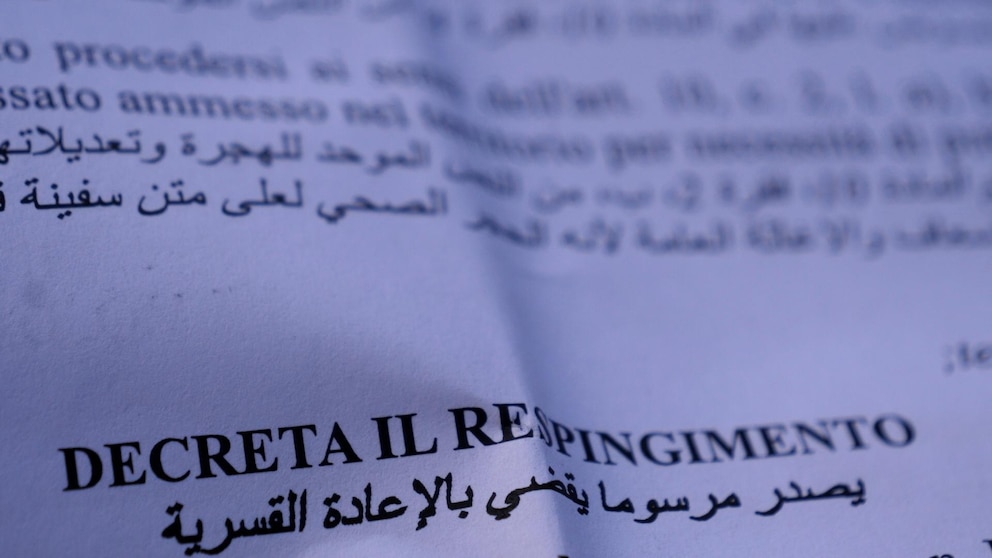The Journey of Asylum-Seekers and the Shortcomings of EU Regulations
The journey of asylum-seekers is often a treacherous and desperate one, as individuals and families flee their home countries in search of safety and protection. The European Union (EU) has established regulations and policies to address the influx of asylum-seekers, but these regulations have been widely criticized for their shortcomings and inability to effectively manage the situation.
One of the main issues with EU regulations is the lack of a unified and comprehensive approach to asylum-seekers. Each member state has its own set of rules and procedures, leading to significant disparities in the treatment and outcomes for asylum-seekers. This lack of consistency not only creates confusion but also allows for exploitation and abuse of vulnerable individuals.
Another major shortcoming is the Dublin Regulation, which determines the member state responsible for processing an asylum application. According to this regulation, the first EU country that an asylum-seeker enters is responsible for their application. This places a disproportionate burden on countries located at the EU’s external borders, such as Greece, Italy, and Spain. These countries often lack the resources and infrastructure to adequately process and accommodate the large number of asylum-seekers, resulting in overcrowded camps and poor living conditions.
Furthermore, the Dublin Regulation fails to account for the reasons why asylum-seekers may choose to move on to other EU countries. Many individuals have legitimate reasons for seeking asylum in specific countries, such as family reunification or better integration opportunities. However, under the current regulation, they can be forcibly returned to the country of first entry, which may not be able to provide them with the necessary support and protection.
The EU’s asylum system also faces challenges in terms of lengthy processing times and backlogs. Asylum applications can take months or even years to be processed, leaving individuals in a state of uncertainty and vulnerability. This not only affects their mental health but also hampers their ability to integrate into society and contribute to their host countries.
Additionally, the EU’s reception and integration policies have been criticized for their inadequacy. Asylum-seekers often face limited access to healthcare, education, and employment opportunities, making it difficult for them to rebuild their lives and contribute to their host communities. The lack of support and integration measures not only hinders the well-being of asylum-seekers but also exacerbates social tensions and xenophobia within EU member states.
To address these shortcomings, there is a need for a comprehensive reform of EU asylum policies. This includes establishing a fair and equitable distribution mechanism for asylum-seekers among member states, based on factors such as population size, economic capacity, and existing infrastructure. It is also crucial to streamline asylum procedures to ensure timely processing and reduce backlogs.
Furthermore, the EU should invest in reception and integration programs that provide asylum-seekers with access to essential services and support their integration into society. This includes language and vocational training, job placement assistance, and mental health support. By empowering asylum-seekers to become self-sufficient and contributing members of society, the EU can foster social cohesion and reduce the strain on host communities.
In conclusion, the journey of asylum-seekers is fraught with challenges, and the shortcomings of EU regulations exacerbate their difficulties. The lack of a unified approach, the flaws in the Dublin Regulation, lengthy processing times, and inadequate reception and integration policies all contribute to the hardships faced by asylum-seekers. To address these issues, comprehensive reforms are needed to ensure a fair and efficient asylum system that upholds the principles of protection and human rights.



